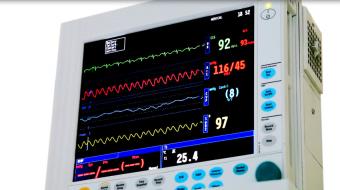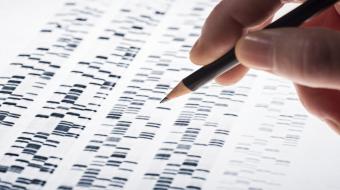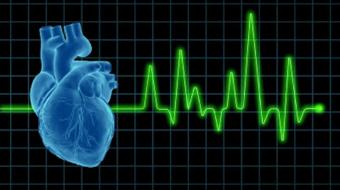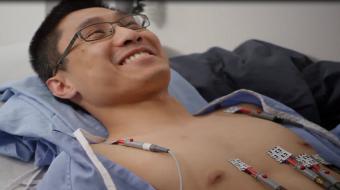Featured Videos
Premier Practitioners
All Videos
There are some genetic conditions that can impact the heart's electrical system and the heart muscle. Examples of this are Sudden Death and Brugada Syndrome. Both conditions can have a genetic component and require specific tests to diagnose and treat.
A cardiologist local is a physician with special training and skill in finding, treating and preventing diseases of the heart like atrial fibrilation, high cholesterol, heart failure and blood vessel conditions. Local Cardiologists work with patients to treat conditions including coronary artery heart disease, heart attack, atrial fibrillation and irregular heart rhythm. A cardiologist can help you manage risk through nutrition, exercise and lifestyle changes.









